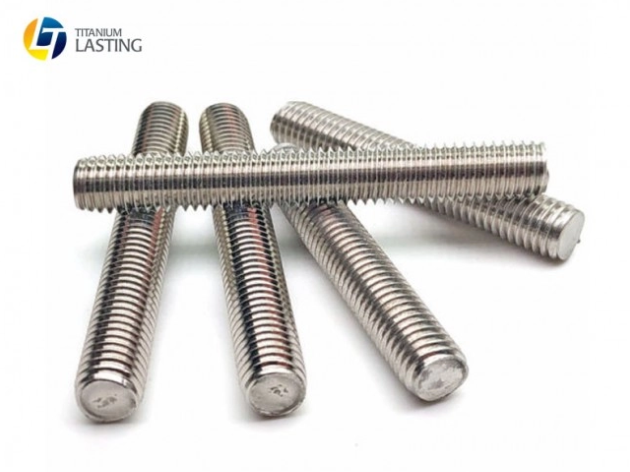
In conclusion, both titanium and niobium threaded bars have their unique advantages and applications. Titanium threaded bars are ideal for high-performance applications requiring strength, corrosion resistance, and biocompatibility. In contrast, niobium threaded bars excel in formability, weldability, and cost-effectiveness, making them suitable for a variety of industrial and decorative applications. When choosing between titanium and niobium threaded bars, consider the specific requirements of your project, including strength, weight, corrosion resistance, and budget. Ultimately, the decision will depend on the unique demands of your application and the properties that are most important to you.
View More
The choice between titanium threaded bars and stainless steel bars depends on the specific requirements of the application. Titanium offers superior strength-to-weight ratios and corrosion resistance, making it ideal for demanding environments. However, its higher cost and machinability challenges may limit its use in some projects. On the other hand, stainless steel provides a cost-effective and versatile option for a wide range of applications, though it may not match the performance of titanium in extreme conditions. Ultimately, understanding the unique properties and applications of each material is essential for making informed decisions in engineering and manufacturing.
View More
Titanium threaded bars are an essential component in various industries, offering a unique combination of strength, lightweight, and corrosion resistance. Their versatility and durability make them ideal for applications ranging from aerospace to medical devices. As technology advances, the demand for titanium threaded bars is expected to grow, solidifying their place in modern engineering and manufacturing. The ongoing research and development in titanium alloys and processing techniques will likely lead to even more innovative applications in the future.
View More